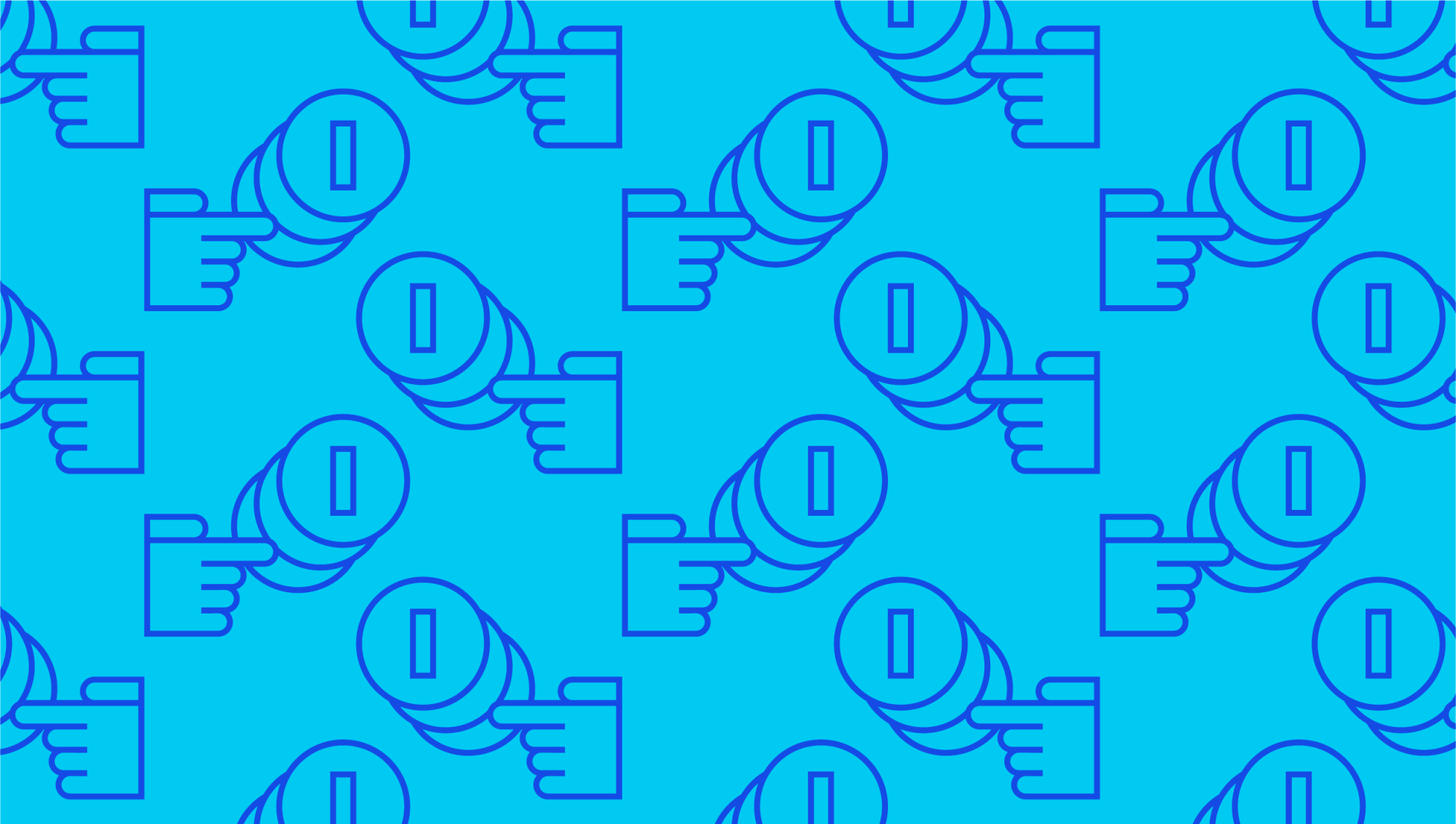
How to set up Buy Now Pay Later for business
Last editedMar 20233 min read
Customers buying higher-value products or services may want to buy them on credit. It can be very convenient for them to be able to arrange that credit through the merchant. Using buy now pay later for business is a convenient way for merchants to be able to do this. Here is a quick guide to what you need to know.
What is buy now and pay later?
From a merchant’s perspective, there are two possible answers to the question “What is buy now and pay later?”. It can be either an in-house scheme or a scheme run in partnership with a third-party provider such as Klarna.
From a consumer perspective, there are three key differences between buy now pay later and credit cards. The first is that credit cards have to be approved in advance of a purchase. Buy now pay later is usually arranged at the time of the sale.
The second is that credit cards have short interest-free periods and very high interest rates. With buy now pay later, consumers may be able to spread their payments without paying any interest at all. If they do, it is typically much less than they would pay with a credit card.
The third is that credit cards are open lines of credit. That means they can be used wherever and whenever the customer wishes (assuming the merchant accepts them). Buy now pay later is always linked to a specific purchase. With that said, customers can have more than one buy now pay later agreement at the same time.
What is buy now pay later for business?
The answer to the question “What is buy now pay later for business?” does somewhat depend on how the merchant implements it. Running an in-house buy-now-pay-later service is significantly more demanding than working with a partner.
When merchants implement buy-now-pay-later themselves, they take full responsibility for all aspects of it. This includes making sure that their service complies fully with the law and, if necessary, is updated to reflect any legal changes. By contrast, when merchants work with a partner, they get the benefit of the service without the effort of running it.
The second is the fact that buy now pay later services generally pay the merchant upfront. They then collect payment from the customer in installments. Of course, they charge a fee, but then there is a cost to running in-house buy now pay later schemes. Likewise, there is a cost to accepting credit cards (and this tends to be much higher).
How to set up buy now pay later for business
Setting up buy now pay later for business with a buy now pay later provider is usually very simple. You just need to make your choice of buy now pay later provider and set up an account with them. This generally involves a simple verification process.
Once your account is set up, you can integrate it with your POS system. Buy now pay later for business generally works both online and in the real world. When your customers make a purchase, you can offer them the option to use buy now pay later.
If they accept, they can sign up with the provider there and then. Alternatively, they may just need to sign into the account they already have. In either case, the checkout process only takes slightly longer than it otherwise would.
How does buy now pay later affect your business?
For many merchants, the key question about buy now pay later is “How does buy now pay later affect your business?”. In other words, does it really make sense to offer buy now pay later at all, especially if you already accept credit cards?
There are two main reasons why it makes sense for merchants to offer buy now pay later, even if they also accept credit cards. The first is that it means you can offer credit to all customers. You do not have to rely on customers having a credit card at all, let alone having it with them at the time of purchase.
The second is that buy now pay later payment terms can be a lot more attractive than using credit cards. This means that even customers who have credit cards may prefer to use buy now pay later instead. By supporting buy now pay later, you give customers the freedom to use the payment option that works best for them at that time.
Smaller merchants may also find that offering buy now pay later boosts their credibility as a brand. Major buy now pay later providers are now recognised household names. Klarna is probably the most obvious example of this. Showing that you accept them essentially shows that they endorse your business as legitimate. This can be very reassuring to potential customers.
How can GoCardless help?
GoCardless is a global payments solution that helps you automate payment collection, cutting down on the amount of financial admin your team needs to deal with. Find out how GoCardless can help you with one-off or recurring payments.